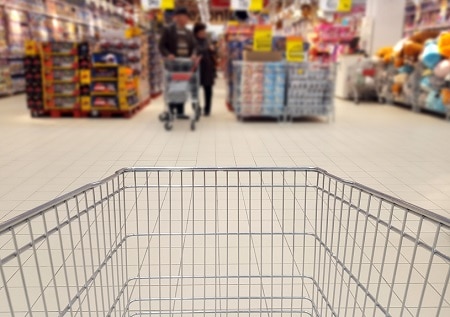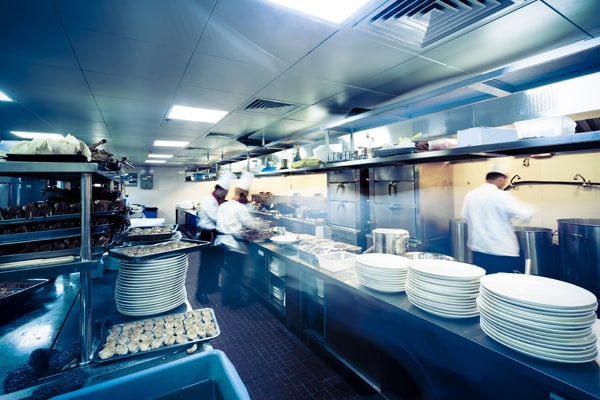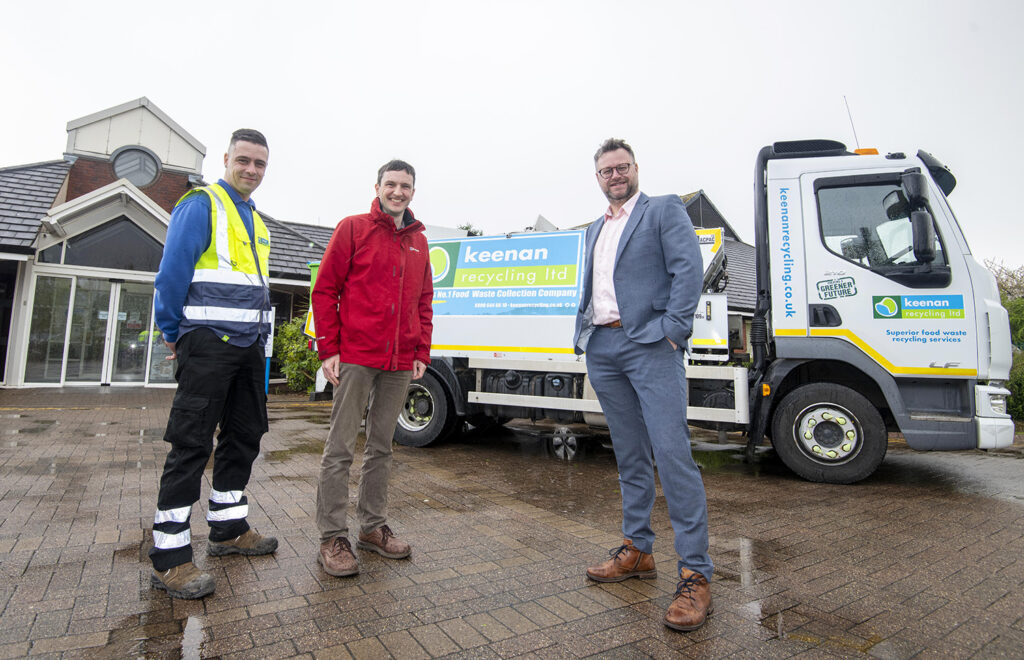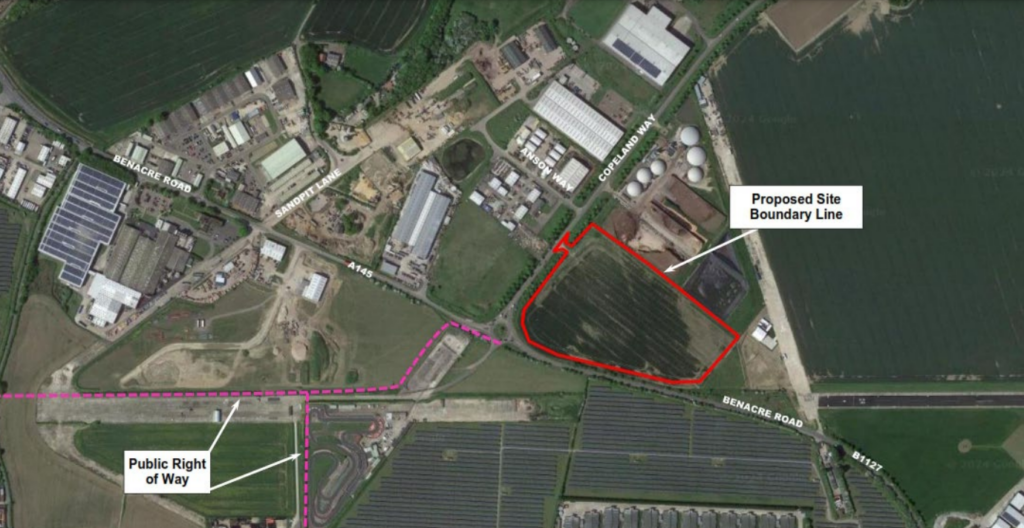Signatories to the third phase of the Courtauld Commitment had aimed to reduce household food waste arisings by 5% over the three-year period – but levels actually increased by an estimated 300,000 tonnes over that time.

The results have led WRAP to concede efforts to tackle food waste reduction have “stalled” and that it was clear that campaign activities “needed to reach more people”.
However, grocery retailers and manufacturers are calculated to have made combined food savings of over £100 million as a result of participating in the initiative.
And, businesses involved in the separate Hospitality and Food Service Agreement (HaFSA) saved an estimated £67 million through their combined actions to prevent food waste over the same period.
The announcements form part of WRAP’s final report into the voluntary agreements, which have been developed and managed by the organisation on behalf of UK governments.
Courtauld
The Courtauld Commitment, currently in its fourth phase, is a voluntary responsibility deal between WRAP and retail brands such as ASDA, Tesco, Sainsbury’s, and Morrisons. Launched in 2005 with an ultimate goal to reduce food waste arisings by 20% by 2025 (see letsrecycle.com story).
CONFERENCE: WRAP will be sharing some of its ideas on food waste prevention at the National Food Waste Conference in London on 23 February. For more details click here.
Over 50 signatories took part in phase three of the Courtauld Commitment between 2012 and 2015 with a goal to reduce food and packaging waste by 3% across the manufacturing and retail sectors.
WRAP’s findings show the organisations met the 3% manufacturing and retail target in full, equating to 219,000 tonnes of grocery ingredient, product and packaging waste and a food saving estimated at £100 million. Recycling and recovery of the manufacturing and packaging waste grew from 95% to 99%.
Household
However, household food waste arisings grew from 7 million in 2012 to 7.3 million tonnes in 2015, with WRAP attributing the increase on UK population growth, falling food prices and an increase in personal earnings which has reduced the pressures for people to avoid wasting food.
“Good progress has been made by industry to tackle food and packaging waste in the supply chain”
Therese Coffey, MP
Department for Environment, Food & Rural Affairs
It follows a report by the British Retail Consortium that food waste produced by the UK’s seven largest retailers increased by 20,000 tonnes in 2015, equivalent to the level of waste produced two years’ earlier (see letsrecycle.com story).
‘Good progress’
Commenting on the figures, Defra resources minister Therese Coffey, said: “Good progress has been made by industry to tackle food and packaging waste in the supply chain and it goes to show the achievements that can be made through working together with partners across the UK.
“But we all have a role to play and despite a million-tonne fall in domestic food waste since 2007, there is clearly more we need to do. That is why we will continue to work with WRAP to support their new strategy to raise awareness, increase education and change people’s perceptions of food waste.”
Steve Creed, director of business programmes at WRAP, added the charity “has a plan to work with governments, signatories and consumers for greater public engagement” to further reduce food waste.

Hospitality
Signatories signed to HaFSA were meanwhile tasked with reducing food and packaging waste in the hospitality sector by 5%, while increasing the overall recycling rate of the two waste streams to at least 70% by the end of 2015.
While the signatories succeeded in reducing food waste by 11%, they failed to achieve a 70% recycling rate across packaging and food waste – with combined rates rising from 42% at the start of 2012 to 56% by the end of 2015.
WRAP has claimed this was due to the length of time required to implement new recycling contracts and incorporate food waste collections.
- WRAP will be sharing some of its ideas on food waste prevention at the National Food Waste Conference in London on 23 February. For more details click here.











Subscribe for free